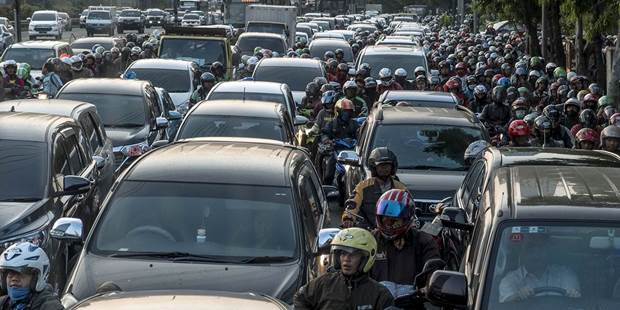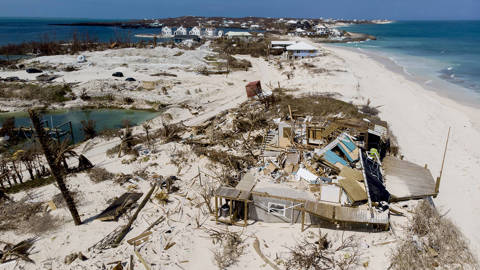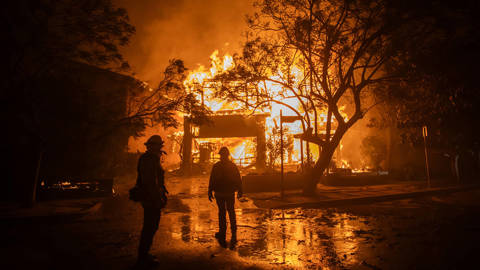Rema N. Hanna
Rema N. Hanna, Professor of South-East Asia Studies at Harvard University’s John F. Kennedy School of Government, is Faculty Director of Harvard’s Evidence for Policy Design.
-
Spend Fossil-Fuel Subsidies on Pandemic Relief and the Poor
 Free to read
Free to readSpend Fossil-Fuel Subsidies on Pandemic Relief and the Poor
May 19, 2020 M. Chatib Basri, et al. argue that rock-bottom oil prices give many countries a unique opportunity to abandon an obsolete policy.
-
Cushioning the Poor from the COVID-19 Shock

Cushioning the Poor from the COVID-19 Shock
Apr 15, 2020 Rema N. Hanna & Benjamin A. Olken suggest how developing economies can combat the pandemic and mitigate the impact on the most vulnerable.
-
The Myth of Welfare Dependency

The Myth of Welfare Dependency
Aug 9, 2019 Rema N. Hanna demonstrates empirically that sustained income support to the poor improves socioeconomic outcomes.
-
Which Traffic Policies Work Best for Megacities?

Which Traffic Policies Work Best for Megacities?
Jan 29, 2018 Rema N. Hanna examines how a congestion rule used in Jakarta could help regulators elsewhere reduce gridlock.








